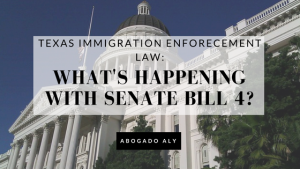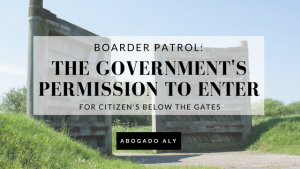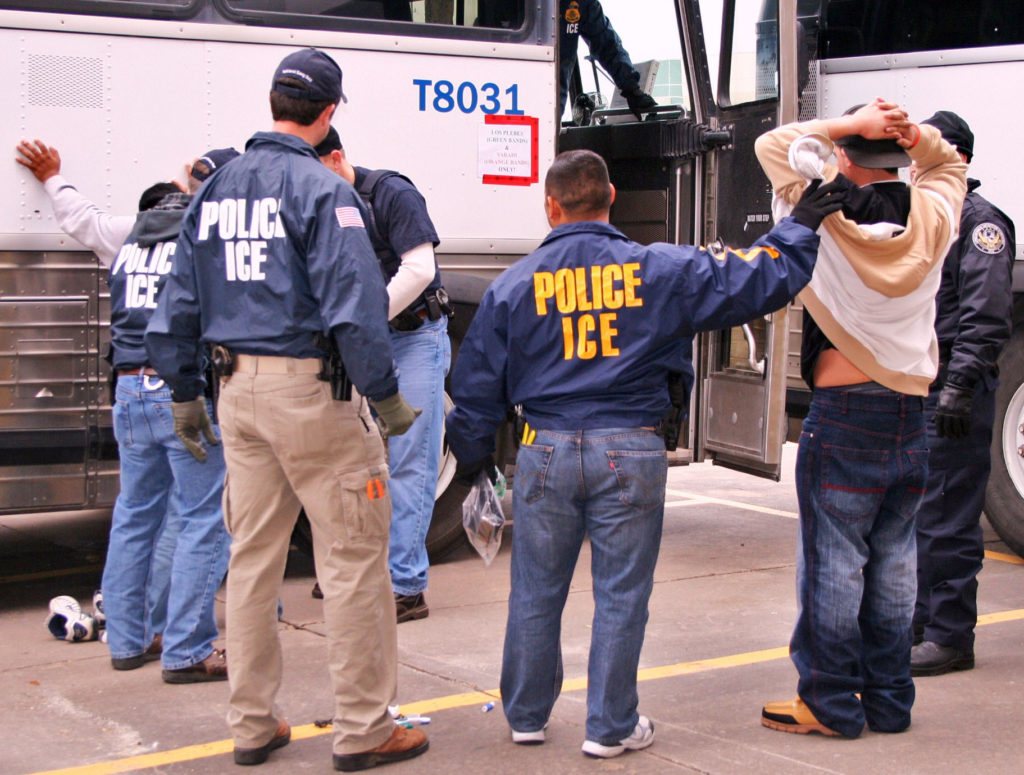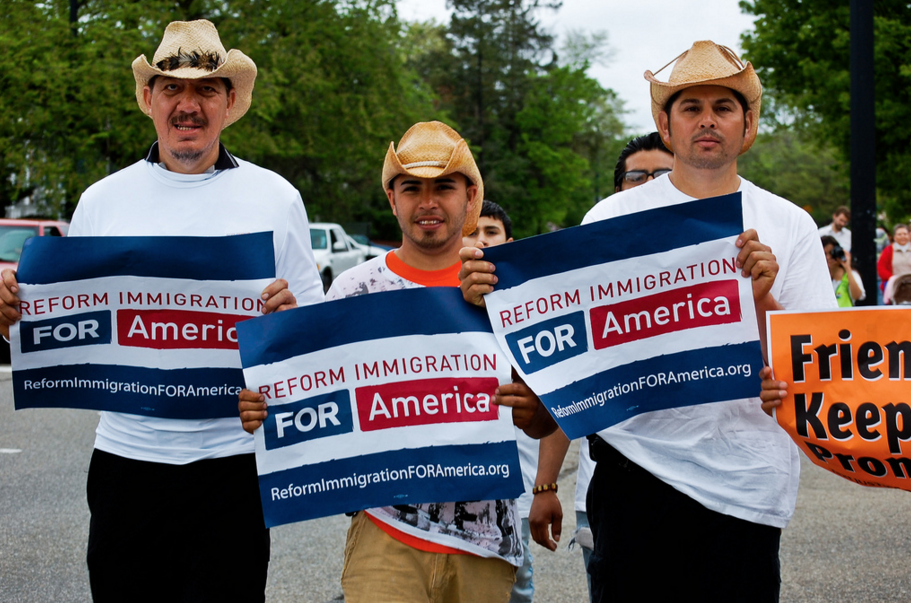There’s major buzz throughout the state of Texas due to recent news on Texas passing an immigration enforcement law, Senate Bill 4 (SB 4). This bill allows law enforcement to question the immigration status of anyone who gets arrested or looks suspicious. It also threatens officials who refuse to cooperate with federal immigration agents and the implementation of the new law. Over the 2016 presidential campaign, President Donald Trump brought high attention to immigration and its controversy.
Now San Antonio and Austin, both major Texas cities, filed a lawsuit against the federal court to challenge the constitutionality of SB 4. MALDEF, a civil rights legal voice for Latinos in America, stated that this bill will only increase racial profiling against Latinos. This is by no means the first lawsuit against the federal court. When Trump administration tried to withhold fundings from sanctuary cities, San Francisco then sued Trump administration just recently.
San Antonio, Austin and non-profit organizations in Texas are working towards blocking SB 4 from being implemented by the state of Texas. MALDEF (Mexican American Legal Defence and Education Fund) was sued just weeks ago by Texas governor, Greg Abbott for denouncing the sanctuary city law in back and forth law suits over immigration disputes.
With steep fines and criminal prosecution, the bill will try to force cities, counties and officials to comply with cracking down on the immigration law. Due to several factors of the bill, there are numerous non-profits and cities speaking up. With great controversy, many believe that SB 4 violates the Constitution. Federal immigration law enforcement takes training, knowledge and practice. It can’t simply be implemented by any officer or government official, creating a major concern of racial profiling and the safety of immigrants after acknowledging the history of racism against Mexican-Americans in Texas.
Texas federal government as well as the immigration enforcement law supporters will try to enact SB 4 on September 1, 2017. If this law is indeed enacted, many fear the racial profiling and cultural challenges that Latinos, Mexicans and Mexican-Americans face going forward.
Instead of immigrants moving to the United States and being treated like U.S. Citizens, Texas law will view them as foreigners. Anti-discrimination and non-profits will continue to push hard in order to fight for the civil rights of Mexican-Americans and their citizenship in the months to come as all eyes in Texas are on the SB 4 immigration enforcement law.



